Building a Sustainable Future With Fresh Innovations from Unlikely Materials



The fashion industry is already ill-reputed for its toxin release and pollution. The wastage in particular is quite cringeworthy. Undoubtedly the industry needs a way out of these practices, especially with the fast-fashion adding more non-biodegradable waste to the environment. Also, it would delimit the industry from its usual toying with the typic silk-cotton-wool trio.
Let us have a tour through five unusual materials that can make innovative garment textiles :
1. Coffee Grounds
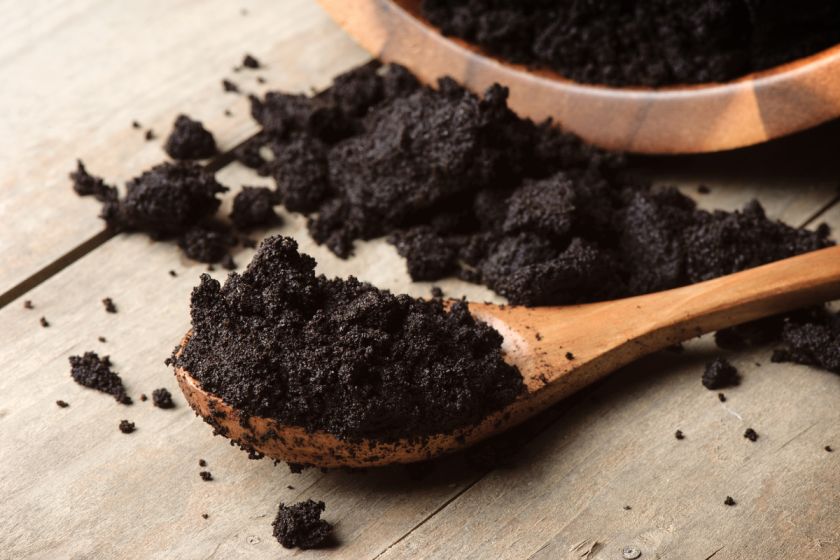
Coffee drinkers would be thrilled to know that their favorite beverage has more potential than it is credited with. Coffee grounds can be turned into an important raw material for textiles. Singtex technology, used by a Taiwanese textile company, successfully combined coffee grounds with polymer before making them into yarns. The resulting coffee yarn can be used to make a variety of products from casual wear and sportswear to household items. This fabric is proved to have natural anti-odor quality and protects from UV rays.
2. Banana
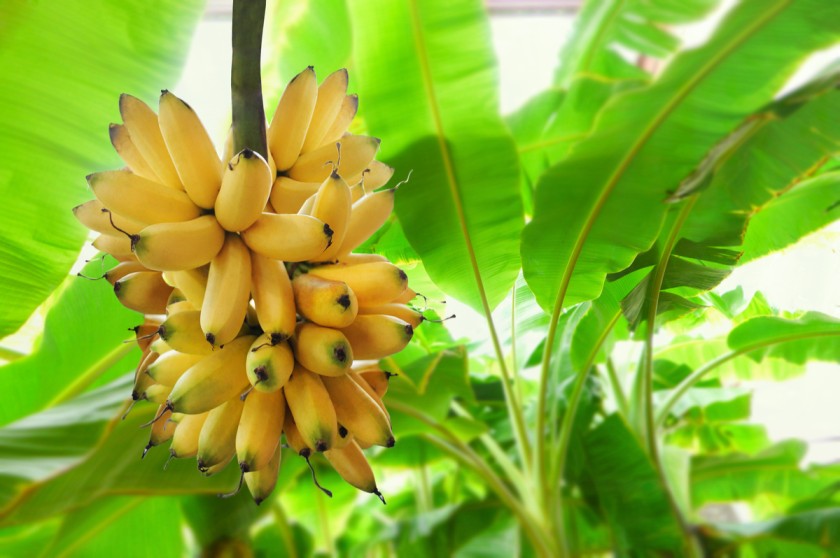
Banana fibers are derived from the stem of the banana tree which is incredibly strong and durable. The fiber is close to bamboo fibers but with better spin ability, durability, and tensile strength. The resulting fabric is fine and multifunctional. The outer sheath produces stronger and sturdier fibers while the inner sheath produces softer ones. This versatile fabric can be used for making clothes, ropes, mats, and even paper. Interestingly, the fabric has a natural resistance to fire, water and tears.
3. Algae
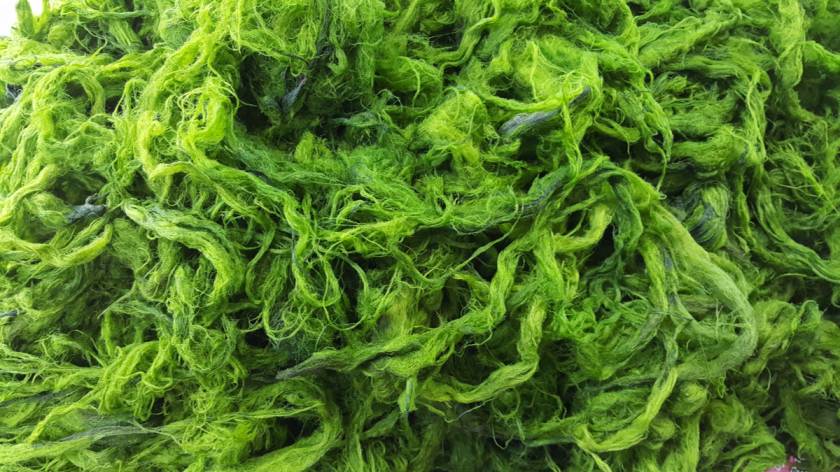
Did you know your clothes can breathe? Biogarmentry has made it possible! Canadian-Iranian designer Roya Aghighi has successfully created clothes from algae that photosynthesize. The fibers of these clothes have living photosynthetic cells. Biogarmentry can redefine your relationship with your clothes while eliminating the evils of fast fashion. Now you would think twice before throwing away the clothes that live!
4. Pineapple
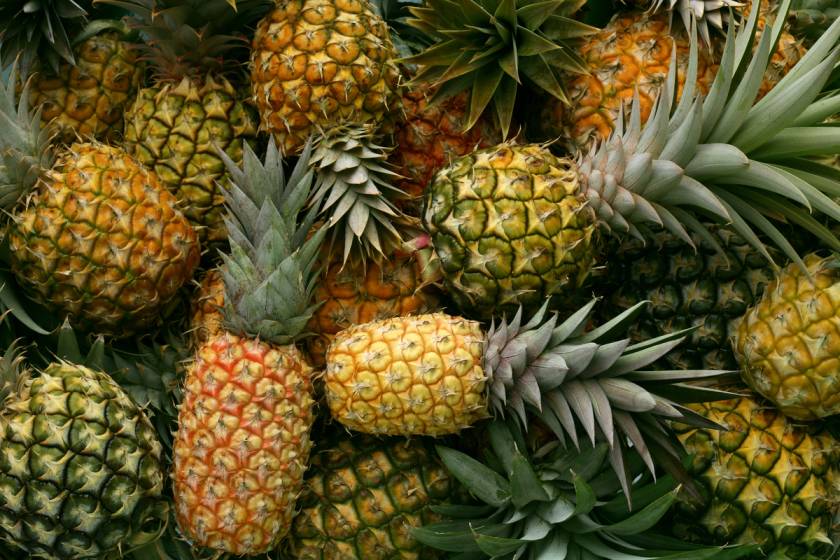
Now, this may sound impossible but pineapple has empowered vegans. The leaves can be wonderfully synthesized into vegan leather. A natural, non-woven textile called Piñatex has been engineered by Ananas Anam, a developing start-up, promoting sustainability. Biomass is one of the by-products which are transformed into organic fertilizer and biogas. The entire approach is eco-friendly in all layers. This breathable and flexible leather alternative can be used to manufacture bags, shoes, wallets, and seat covers.
5. Orange
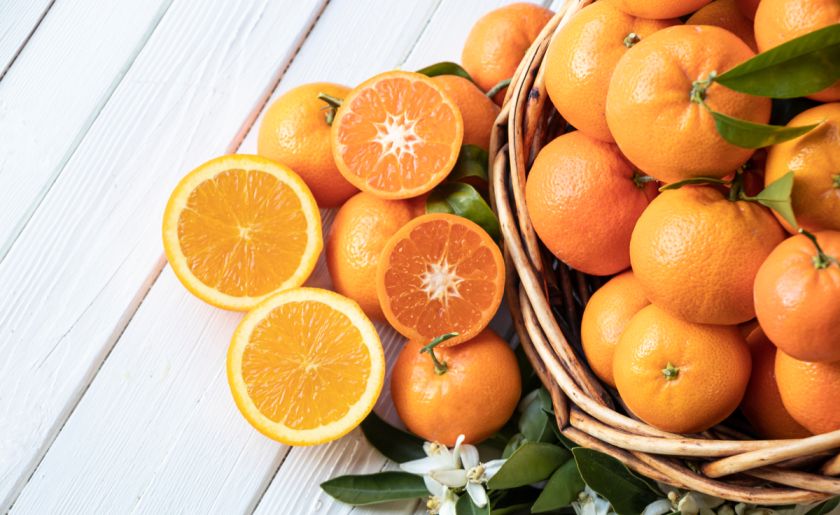
What is most ideal about using oranges for textile making? It is the wide availability of orange peels, tonnes of which are discarded every year after juicing. Orange fibers can be processed into soft and silky fabrics, perfect for clothes. The resulting fabric is somewhat close to viscose and can also be blended with silk and cotton. The durability makes it suitable for evening gowns and other ceremonial dresses.



















